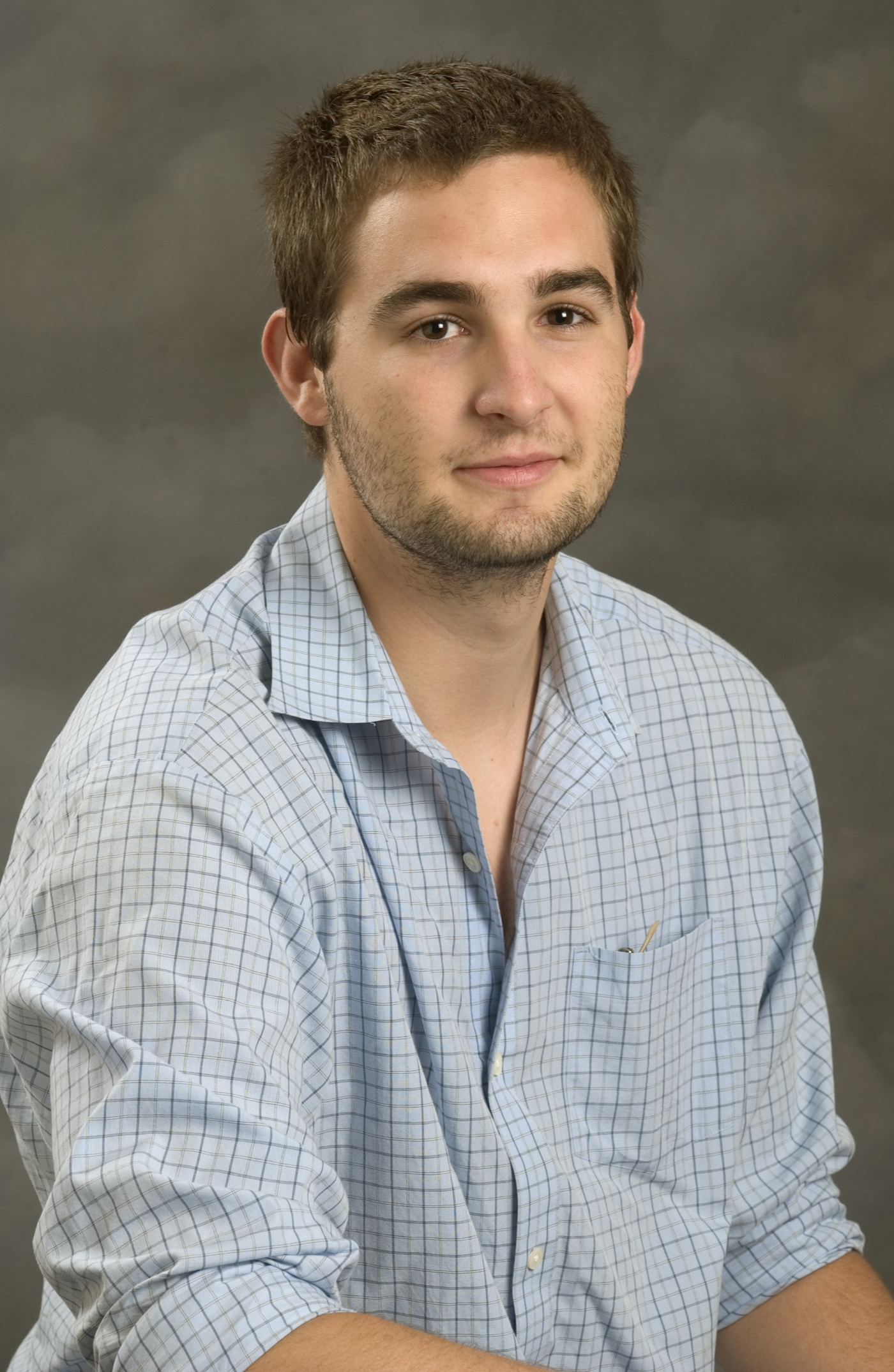Contact: Phil Hearn

William Barr
Mississippi State engineering student William Aaron Barr will spend this summer at Stennis Space Center participating in a NASA program that provides unique research experiences for undergraduates across the nation.
The Horn Lake resident is among a group of select U.S. university students recently chosen for the June 1-Aug. 6 Undergraduate Student Research Program. He and the others will learn about the various aspects of liquid rocket testing at the Hancock County facility, while receiving a $5,000 stipend and travel expenses.
"I am very excited to have this opportunity," the 21-year-old junior mechanical engineering major said of his selection for the program, which is managed for NASA by the Virginia Space Grant Consortium of Hampton, Va. He credits Judy Schneider, assistant professor of mechanical engineering, for encouraging him to apply.
"I have been impressed with William's ability to reason and think outside the box," said Schneider. A former employee of Aerojet Liquid Rocket company, she worked on several NASA-funded projects and maintains contacts through summer faculty fellowships.
The National Aeronautics and Space Administration program targets college seniors or rising juniors. Its Stennis facility is among 10 sites offering the mentor-guided, hands-on experiences for majors in engineering, mathematics, computer science, or physical/life sciences.
Under the guidance of Carl James, assistant research professor of mechanical engineering, Barr already has been actively involved in designing and building prototype devices to illustrate thermodynamic concepts.
At Stennis, he will work on a project associated with rocket and rocket component testing under the mentorship of NASA scientists Barry Robinson and Elizabeth Messer. His general duties, all related to engineering, will include database management, specification compliance, design reviews, facility build-up, and basic process control.
At the end of the 10-week sessions, participants submit a paper on their research experience. They also may be asked to discuss their research at public forums and/or participate in NASA-sponsored colloquia, workshops and technology demonstrations.
For more information, contact Schneider by e-mail or at (662) 325-9154.